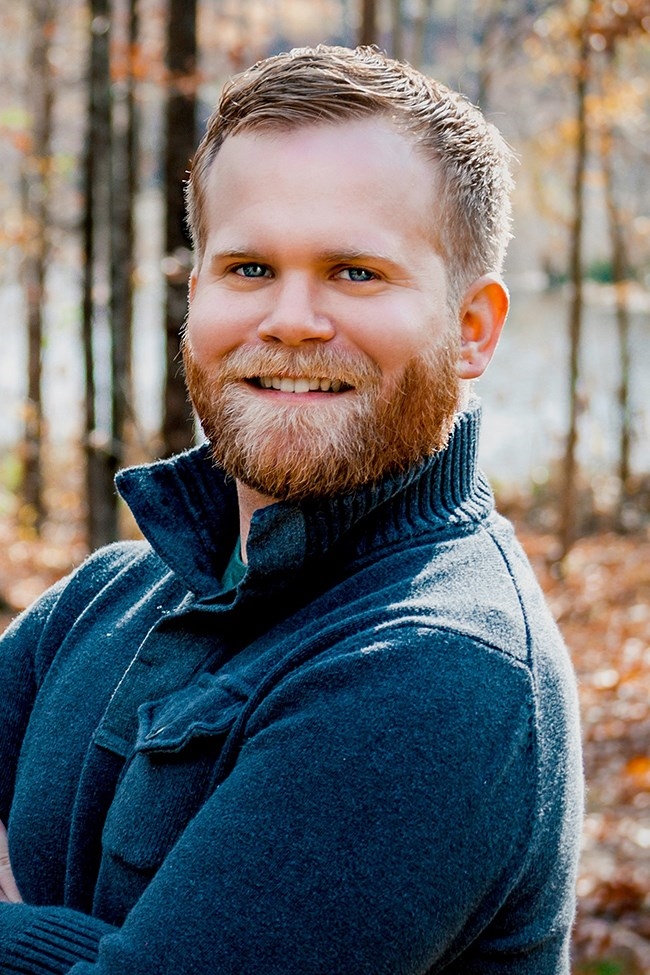As a doctoral student in the adult and lifelong learning program at the University of Arkansas, Daniel Parker researches effective ways to teach adults.
He recently published an article in the top-tier journal Frontiers in Psychology with Elizabeth Roumell, an associate professor at Texas A&M University.
The article — "Functional Contextualist Approach to Mastery Learning in Vocational Education and Training" — examined a model of mastery learning in career and technical education, known internationally as Vocational Education and Training.
The co-authors developed a new approach to constructing learning theories for vocational education that accounts for not only how students learn skills and knowledge for their jobs, but also for how their learning is influenced by the contexts in which they learn, live and work.
They argue that this new approach is needed because the nature of work is changing, and educators must now use approaches to vocational education that help students become more adaptable and flexible throughout their careers. To do this, the two drew heavily from research, theory, and philosophy used in experimental psychology.
"Publishing a first author manuscript as a doctoral student in a prestigious journal such as Frontiers in Psychology is truly a rare experience," said Kevin Roessger, associate professor of Adult and Lifelong Learning in the College of Education and Health Professions.
"With this publication, Daniel continues to push the field of adult learning in new directions by drawing on empirical and conceptual insights from other disciplines," he said. "As his faculty advisor, I am continuously impressed with his accomplishments. But more importantly, I am excited to see where he goes."
Parker said the article argues that, in a rapidly changing work environment, learners should obtain foundational, concrete skills before advancing to expert, abstract thinking.
"For example, if we want workers to be adaptable to a changing work environment, we need to ensure they are proficiently skilled within a domain so we can leverage their prior learning to new learning," he said. "This is opposed to an approach that calls for vague "critical thinking skills."
"In education, this means we use science to discover how people learn and what interventions or strategies we can use to improve their learning," Parker said.
Parker said they are cautious to note that this method is a small fix compared to addressing overall systemic issues, such as the marginalization of workers and stagnant wages, which can often affect a worker's motivation.
"However, we see this as a practical approach to skills training — using scientifically-backed methods — to achieve learning transfer while learning efficiently," he said. "Although this method involves a lot of work, we see it as a practical balance to efficiently obtain skills while also supporting humanistic goals of self-actualization and intellectual liberation. We advocate the mastery learning approach because of its focus on individualized, self-paced learning, ensuring everyone has the opportunity to learn."
Topics
Contacts
Shannon G. Magsam, director of communications
College of Education and Health Professions
479-575-3138,
